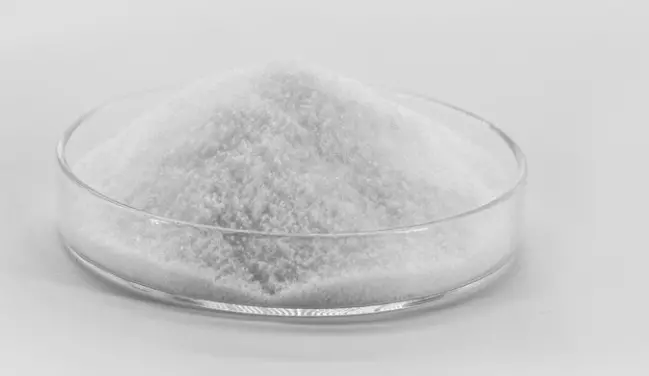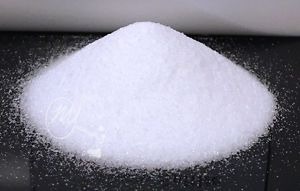Calcium Hydroxide - China
|
IUPAC Name |
: Calcium Hydroxide |
|
Cas Number |
: 1305-62-0 |
|
HS Code |
: 2522.20.00 |
|
Formula |
: Ca(OH)2 |
Basic Information
|
Appearance Name |
: White Crystalline Powder |
|
Common Names |
: Slaked Lime, Hydrated Lime, Calcium Dihydroxide, Calcium (II) Hydroxide |
|
Packaging |
: 5 kg/bag |


---thailand.webp)


